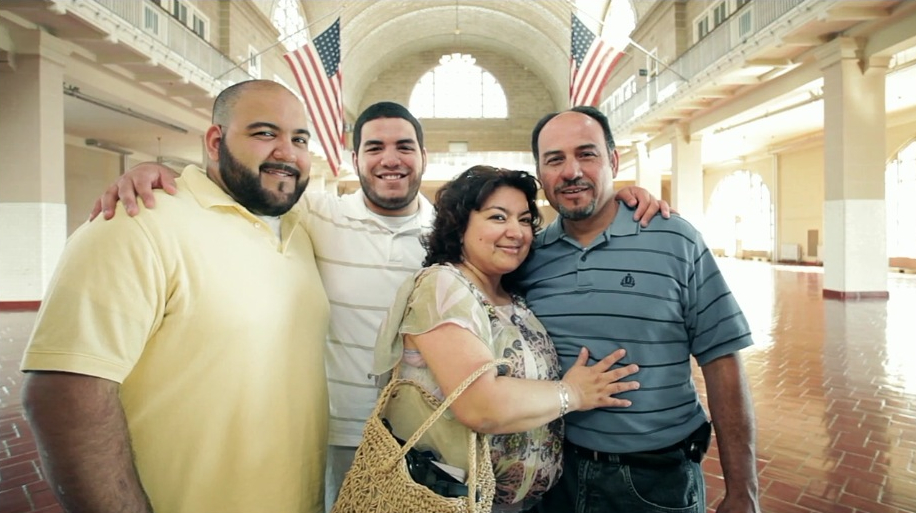This blog post was originally published at Undocumented.tv.

The questions surrounding immigration policy have sparked an intense debate across the United States, including in North Carolina, where I live and work. Society remains divided on specific policies, but we also remain divided about some of the even bigger questions. For example, what does it mean to be “American”? Are immigrants generally intruders to be feared or new neighbors to be welcomed? And what values should our immigration policies reflect? This debate, in part, is about who “they” are and who “we” are.
One common assumption that underlies much of the current debate is the notion that immigration is the problem. In fact, immigration itself is merely a “symptom” caused by other factors. “Poverty, injustice and armed conflict displace millions of people across the globe… These include economic migrants compelled to move to provide for their families, refugees and internally displaced persons fleeing persecution, and victims of human trafficking. The vast majority are economic migrants who have few options to remain in their countries of origin.”
Many people have observed that there are both factors that “push” migrants from their home countries and factors that “pull” or attract potential immigrants to other nations (including, but not exclusively, the U.S. and Europe). In addition to the push factors of poverty, injustice, and lack of jobs, pull factors include readily available jobs, educational opportunities, and the dream of a better life for one’s family.
Immigrants today are often portrayed as being fundamentally different from Americans. Some editorials repeatedly assert that our grandparents, in contrast to today’s immigrants, did things the “right” way; some cable news hosts say that current immigrants are just looking for handouts; some sheriffs promote the view that all undocumented people are criminals. When these myths are perpetuated, it becomes all too easy to see immigrants as other, as “aliens.” But immigrants are really ordinary people who happened to be born into places of war, famine, or dire economic circumstances…
